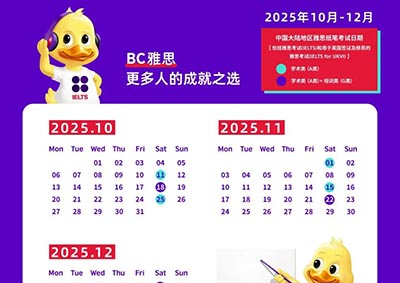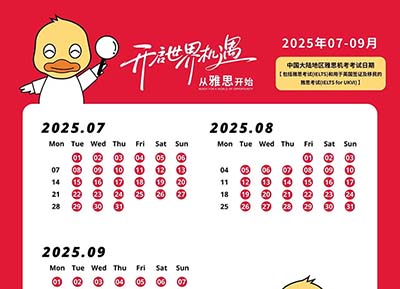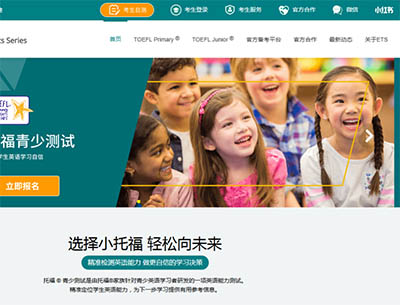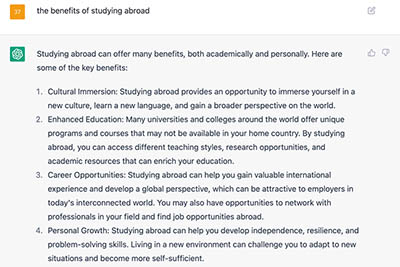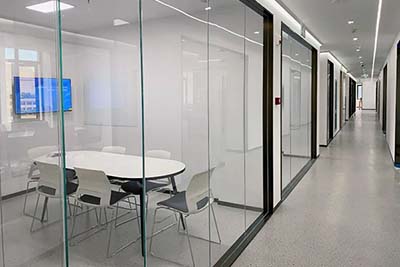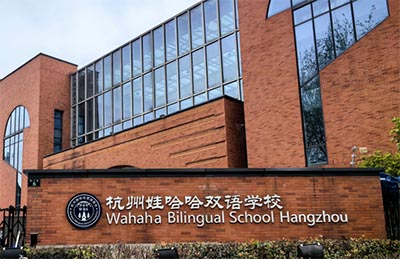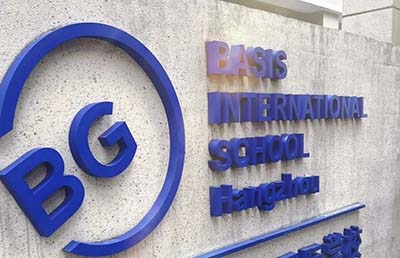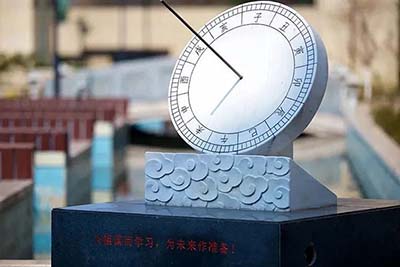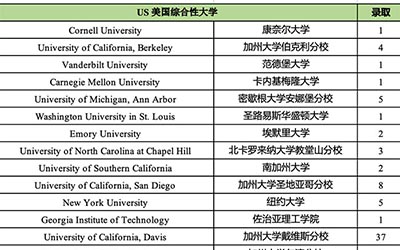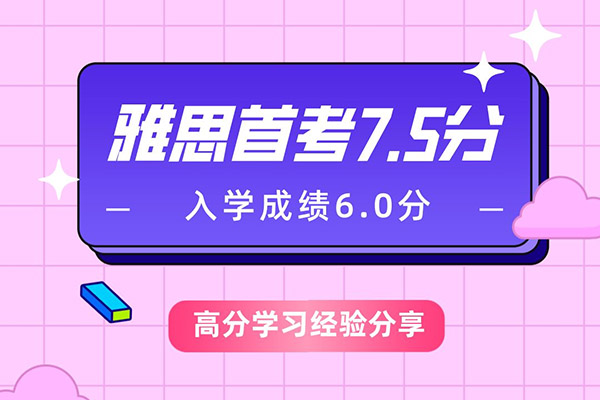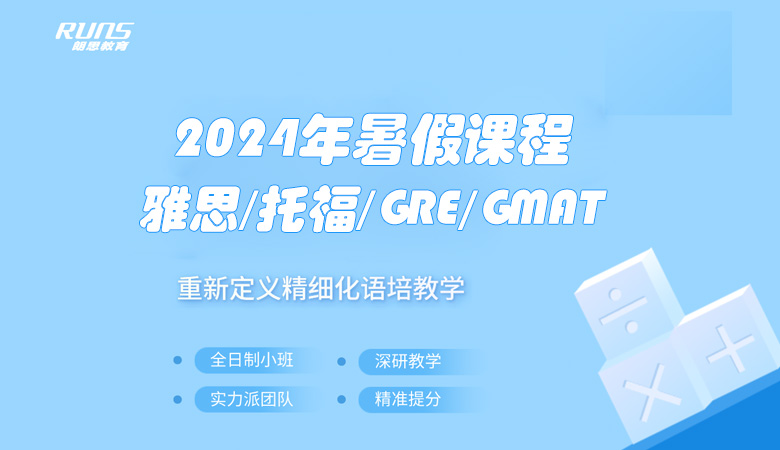雅思寫作范文:糧食是否應該自產自銷
時間:2023-01-03
來源:網絡
作者:Andy
Many people believe that countries should produce food for all population and import as little as possible. To what extent do you agree or disagree? 題目來源:2022年12月31日大陸雅思大作文(重復2011年2月26日大陸大作文)
With sweeping trend of globalization, there is a growing tendency for different countries to communicate with each other in various fields. Under this circumstance, an absolute consensus can hardly be reached whether countries should produce food for all population rather than import it abroad. For my part, I side with opponents to a larger extent.
It has to be admitted that overdependence on imported food poses a potential threat to(對—構成潛在的威脅) the safety of national supply of grains to some degree. To be specific, a flood of cheap imported food will give a fatal blow to(給予---致命一擊) the survival of local food producers, which will increase the fiscal burden(財政負擔) of the government, and then cast a shadow on(投下陰影) social stability due to a large number of unemployed people. Not to mention that(更不用說) the food supply of one country is subject to(受制于) international conflicts, even wars, which is the least thing we would expect to see(這是我們最不希望看到的事情).
However,much heavier weight should be attached to(更加關注) the benefits brought about by moderate food flow on international market. For one thing, no nation is equipped with(擁有) enough ability to manufacture the entire diversity of food due to the restriction of geographical locations, weather conditions and advanced technologies. In this case, through importing some food which is not available on local market, local residents can gain swift and convenient access to(快速方便接觸到)different nutrients, which will enrich their nutritional structure and improve their purchasing choices as well as life quality
For another, food production, especially grain grow is vulnerable to(受到---的負面影響) some natural disasters and insect harms. Once such cases happen, it is a must for a nation to import some food abroad. Apart from that, from the economic prospect, some farming land can be saved, and then utilized for planting some grains with higher value or other social benefits, such as building more natural reserves(自然保護區) for rare and endangered species and constructing more residential or commercial estates to satisfy the requirements of urbanization.
In light of the analysis mentioned above, I am convinced that moderate food interflow will create a win-win situation(雙贏局面) for both imported and exported parties although the imported country should ensure its food and grain security at first.



